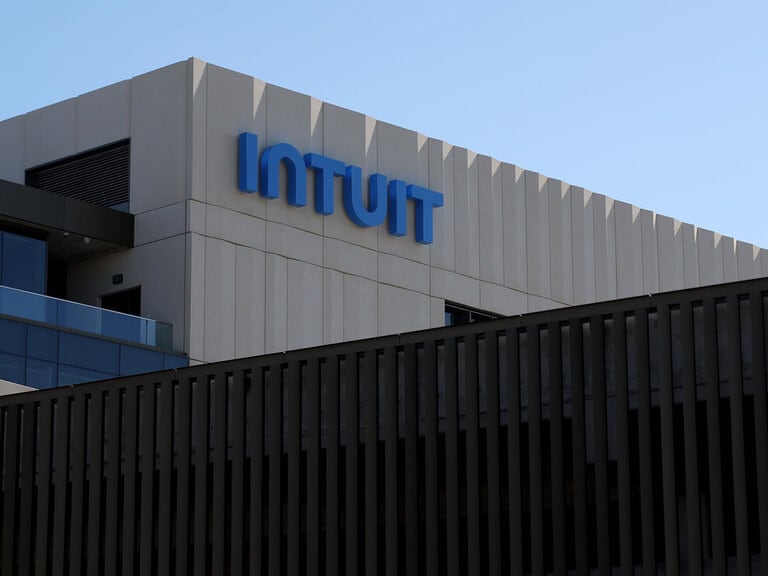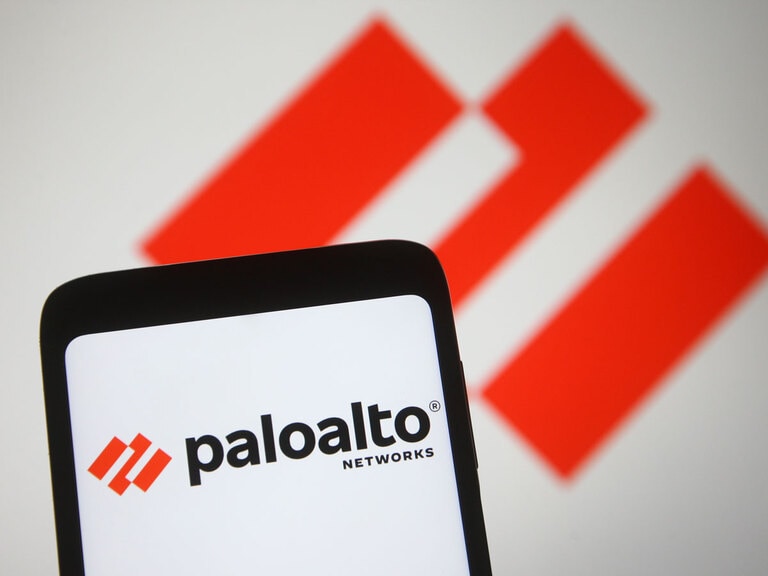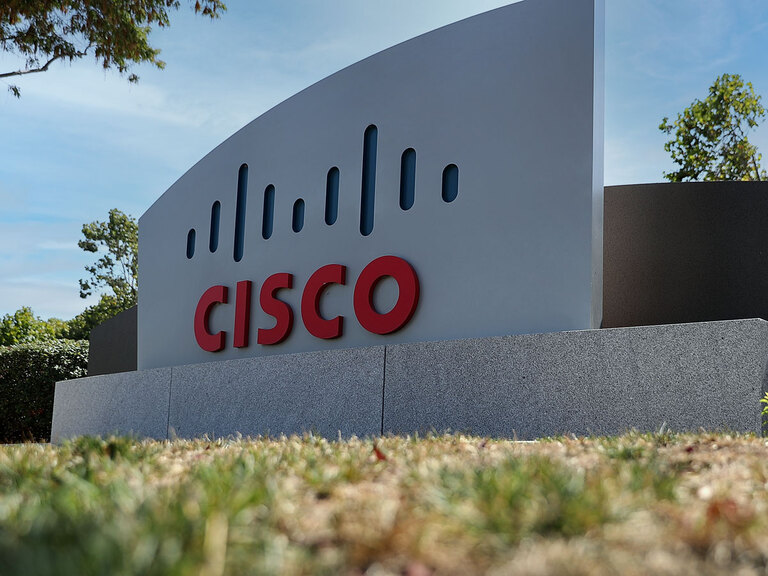The JK FinTech Signature Sharebasket — available on CMC Markets — has traded in a well-defined range since October 2020 and looks to be consolidating before a move higher out of this range.
The product has seen a balance of performance. Many of the high valuation multiple hyper-growth names contracting in the first half of 2021 while value names have outperformed. Exchange stocks were a standout group with TradeWeb [TW], CBOE [CBOE] and Nasdaq [NDAQ] each up more than 20% YTD. The group has benefitted from rising volatility and increased retail trading.
Meanwhile, payments leaders like Square [SQ], Visa [V] and MasterCard [MA] have lagged while PayPal [PYPL] has remained strong. This is a group that should see a strong consumer spending backdrop lead to better numbers the rest of the year. The growth to value rotation likely has more room to run as macro numbers continue to strengthen. But, during the fourth quarter rebalance it will likely be prudent to look for a shift back as we reach peak economic growth.
Dining on digital
Digital currency has become a major theme. Bitcoin mining operators Marathon [MARA] and Riot [RIOT] climbed sharply, while both Square and PayPal continue to expand services to clients to be able to transact via cryptocurrencies. There is also a new entrant to this basket with Coinbase [COIN] becoming public. Although valuation is rich the company is positioned well to benefit from increased adoption of digital currencies. Shift4 Payments [FOUR] has been a standout in payments. It is a smaller cap name levered to the reopening theme with restaurants and hospitality accounting for 60% of its transaction volumes.
Digital real estate leaders Zillow [Z] and Redfin [RDFN] have cooled off as mortgage rates move off record lows and housing inventories remain very low. The strong housing backdrop remains and both continue to evolve with an ability to capture even larger share of the home buying or selling process. They remain attractive owns.
Financial Software leaders like Avalara [AVLR] and Blackline [BL] have dropped, along with peers, in a multiple contraction move. They could use some further contraction from current 13–16 times EV/sales, but are nearing attractive entries for high-growth niche software leaders. Intuit (INTU) has continued its steady climb to record highs and remains positioned well to benefit from the strong new business start-ups.
The key topics in fintech
In the company’s first-quarter earnings call David Girouard, founder and CEO of Upstart [UPST], considered the next big opportunity: “As we said in the past, auto lending is Upstart's next big opportunity. The auto lending industry is about six times the size of personal lending, and we believe it has at least as much mispricing and inefficiency, with millions of consumers paying far more than they should to finance a vehicle through a process that is displeasing to all.
“Our early explanation in this market has confirmed our hypothesis that there's a wide-open opportunity for Upstart and our bank partners to deliver a superior product to the market, meaning more accurate pricing, instant approvals and elimination of friction. Auto lending is certainly much more central to more and more banks. So we are getting a lot of interest because there's a lot of large banks that have significant auto businesses.
“And now, naturally, this is an area of interest. The idea of being able to approve more people, have lower loss rates, have more profitable portfolio of loans is obviously compelling. “
Lee Olesky, CEO of Tradeweb, considered the digitisation of financial markets in the company’s first-quarter earnings call: “The reality is that the secular drivers powering the growth are intact across all of our asset class. So the acceleration in the digitisation of the financial markets is happening right before our eyes.
“The reality is that the secular drivers powering the growth are intact across all of our asset class. So the acceleration in the digitisation of the financial markets is happening right before our eyes” - Lee Olesky, CEO of Tradeweb
“I mean this year was quite extraordinary. We had a record-breaking first quarter in an environment where volatility was relatively more subdued than last year's first quarter. So this is a function of our innovation and our execution that allows us to get these market share gains, but also a broader increase in electronification.
“We firmly believe this is a multiyear trend. So there's so many parts of our business that are primed for more innovation and more advances in technology that will lead to more electronic execution. If you look at just some of our recent current innovations, streaming protocols and treasuries, RFMs and IRS, the great success that we've had with portfolio trading, we were on the cutting edge with that, the first ones out with that. Net spotting, we've got ReMatch in credit, things we're doing in repo with RFQ solutions and equities.
“So we believe the world is — the new world — is going to be a more flexible work environment with employees working from home and satellite offices. That's going to amplify the importance of technology and efficiency. And we kind of feel like this is a new era. It's a real changing point. So in innings. So I don't know; the innings are different depending on where you are in the world and what the asset class is.
“So certain rates products are further along. But even perhaps the furthest along, the treasury market in the D2C space is only at the fourth inning, maybe going into the fifth inning. IG and credit, 37% electronics. So I don't know, that's third or fourth inning. Swaps is even earlier, right? IRS is only 25% electronics. So that's, I don't know, second inning, third inning. So it really depends on where you are in the world and in the asset class.”
On the company’s earnings call Rich Barton, CEO of Zillow, discussed Zillow 2.0: “The 2.0 bet is all about the fact that we believe customers want speed, simplicity, integration, value. So we've made these big bets over the last two-and-a-half years when we really leaned into 2.0 and building out all of the 2.0 components like Zillow Offers, Mortgages, Zillow ClosingServices, even Rentals.
“Our revenue and profit on a per user basis is steadily rising, which is really nice to see, and it's still quite low, so we have a ways to go. I said in my script, we kind of introduced some new kind of TAM and penetration concept, this 2 — less than 2% gross profit penetration into the total addressable market of service fees in the industry. We keep struggling for ways to talk about the full opportunity in quarters past.
“Our revenue and profit on a per user basis is steadily rising, which is really nice to see, and it's still quite low, so we have a ways to go. I said in my script, we kind of introduced some new kind of TAM and penetration concept, this 2 — less than 2% gross profit penetration into the total addressable market of service fees in the industry” - Rich Barton, CEO of Zillow
“We've talked about trying to estimate transaction share and what share of transactions we touched. That is fraught because we don't exactly know how many transactions we touch. So we're — I've challenged the team to try to figure out if there's maybe a gross profit penetration metric we can come out to communicate the opportunity for ourselves and for you all. So that could be interesting.”
At the JPMorgan Tech Conference PayPal discussed the buy now, pay later theme: “It's interesting to talk about this, particularly with people that have been falling in this space for decades more than I have. And installment pay has been out there for a long, long time, right? And it just seems like now it really sort of caters or plays to some of the tendencies or preferences of the younger demographics.
“And I saw just this morning, there was a survey that came out that Worldpay did, their global payment survey that suggested, I think it was in 2024, they expect that installment pay will be 13% or 14% of global ecommerce. I think it was global, it could have been the US But point being is that the belief is that this is here to stay.
“And you see it in Australia today where they've got, I think, a head start over the rest of the world, and I think they're 8% of ecommerce there. And so something north of 80%, 82%, I think, in the last quarter of the buy now, pay later funding instrument was debit.
“And so this is really getting into kind of a cash flow issue versus someone needing to go out and borrow money to make that transaction. And look, what we love around this is, again, the engagement play that we see. And we see roughly two times the amount of — the average order value, the average ticket price of what someone's purchasing. And so you complement that with 15% increases in engagement and TPV and customers coming back multiple times to use this product. I think this has a lot of potential.”
At a Deutsche Bank Conference, Bank of New York Melon [BK], considered the role of blockchain and distributed ledger technology: “Distributed ledger technology is interesting, it's promising. We have a lot of projects, both internally and as a part of the ecosystem.
“But any technology is going to go through a cycle, there is going to be hype, there are questions. In my mind, it's something that we really pay and the industry needs to pay a lot of attention to. It's one of the things where you have a network benefit. So kind of more people sign up, it becomes more valuable. I mean, we are part of different consortium. I mean I'll link this to your kind of previous question, which I didn't fully answer about digital assets, when in essence the blockchain supports a lot of digital assets.
“And for us, what we're doing is we're building multi-asset class infrastructure. The key differentiation is supporting all asset classes. And when I talk about digital assets, I'm talking about all the instruments, right? This is not just bitcoin. This is not just cryptocurrencies. It's also the Central Bank and the digital currencies, its stable points, it's fundamentally supporting digital assets as a class.
“Whatever we think about the particular instrument, there is a trend for digital assets become part of the mainstream. For us, it's an opportunity, but it's also imperative. Clients want to go to a single source for all of their custody needs. They all want to go to a single source for all of their accounting needs.
“Whatever we think about the particular instrument, there is a trend for digital assets become part of the mainstream. For us, it's an opportunity, but it's also imperative. Clients want to go to a single source for all of their custody needs. They all want to go to a single source for all of their accounting needs” - Bank of New York Melon
“So us providing multi-class infrastructure, we can be there. So people expect trust, resilience and safekeeping from us. And of course, we provide that. If they go to us, they know the products are regulated, they went through compliance, they went through proper risk processes. And that's a big differentiation.”
There are a lot of exciting growth trends occurring within the fintech revolution. These continue to gain adoption as the future of payments, insurance, real estate, commerce, lending, banking, and investing are all being disrupted by new technologies, ridding the system of inefficiencies.
It remains a favored theme for long-term upside and many leading companies have been actively using capital for bolt-on acquisitions to expand their presence across new emerging themes.
Disclaimer Past performance is not a reliable indicator of future results.
CMC Markets is an execution-only service provider. The material (whether or not it states any opinions) is for general information purposes only, and does not take into account your personal circumstances or objectives. Nothing in this material is (or should be considered to be) financial, investment or other advice on which reliance should be placed. No opinion given in the material constitutes a recommendation by CMC Markets or the author that any particular investment, security, transaction or investment strategy is suitable for any specific person.
The material has not been prepared in accordance with legal requirements designed to promote the independence of investment research. Although we are not specifically prevented from dealing before providing this material, we do not seek to take advantage of the material prior to its dissemination.
CMC Markets does not endorse or offer opinion on the trading strategies used by the author. Their trading strategies do not guarantee any return and CMC Markets shall not be held responsible for any loss that you may incur, either directly or indirectly, arising from any investment based on any information contained herein.
*Tax treatment depends on individual circumstances and can change or may differ in a jurisdiction other than the UK.
Continue reading for FREE
- Includes free newsletter updates, unsubscribe anytime. Privacy policy






